Plant functional traits and types: Their relevance for a better
Por um escritor misterioso
Last updated 14 maio 2024

It is proposed here to analyse the potential and limitations of the PFTT concepts in the case of AFS in the humid tropics, notably referring to rainforest dynamics regarding succession patterns. Complex Agroforestry Systems (AFS) in the humid tropics are mixed forest-like ecosystems that often display high species diversity that makes their structure and functioning difficult to understand and simulate. Plant Functional Traits and Types (PFTT) are broadly used concepts in community and ecosystem ecology to address the responses of species to changes in the environment and/or the contribution of species to ecosystem functions. The relevance of these concepts, developed for natural ecosystems, for a better understanding of AFS is unknown but we hypothesize that they might be useful to gain a better understanding of the resilience properties of AFS and to answer the following questions: What is the role of AFS species composition in ecosystem functions? and, conversely: How do environmental changes affect that species composition, and hence AFS performance? We propose here to analyse the potential and limitations of the PFTT concepts in the case of AFS in the humid tropics, notably referring to rainforest dynamics regarding succession patterns. This analysis is based on case studies from coconut-based AFS in Melanesia and coffee-based AFS in West Africa. Plant functional traits, such as growth form, life form, phenology, and height were first used to describe these AFS. Since AFS are a result of farmers interventions, to evaluate their performance specific traits, corresponding to agronomic characteristics of species such as the production cycle, and part of the plant used, need to be considered in addition to traits considered for natural forests. (Resume d'auteur)
What are functional trait-based approaches to plant ecology and why are they important? - Quora

PDF) Plant functional types: an alternative to taxonomic plant community description in biogeography?

Functional trait effects on ecosystem stability: assembling the jigsaw puzzle: Trends in Ecology & Evolution
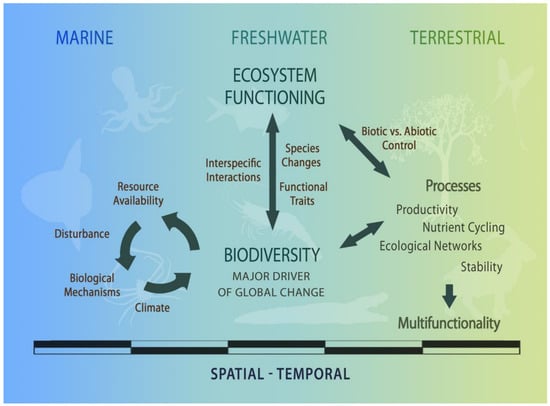
Diversity, Free Full-Text

Evaluating natural medicinal resources and their exposure to global change - The Lancet Planetary Health

The ecologically relevant genetics of plant–plant interactions: Trends in Plant Science
Using Plant Functional Traits to Explain Diversity–Productivity Relationships

Microplastics Can Change Soil Properties and Affect Plant Performance
Using Plant Functional Traits to Explain Diversity–Productivity Relationships

TRY Plant Trait Database
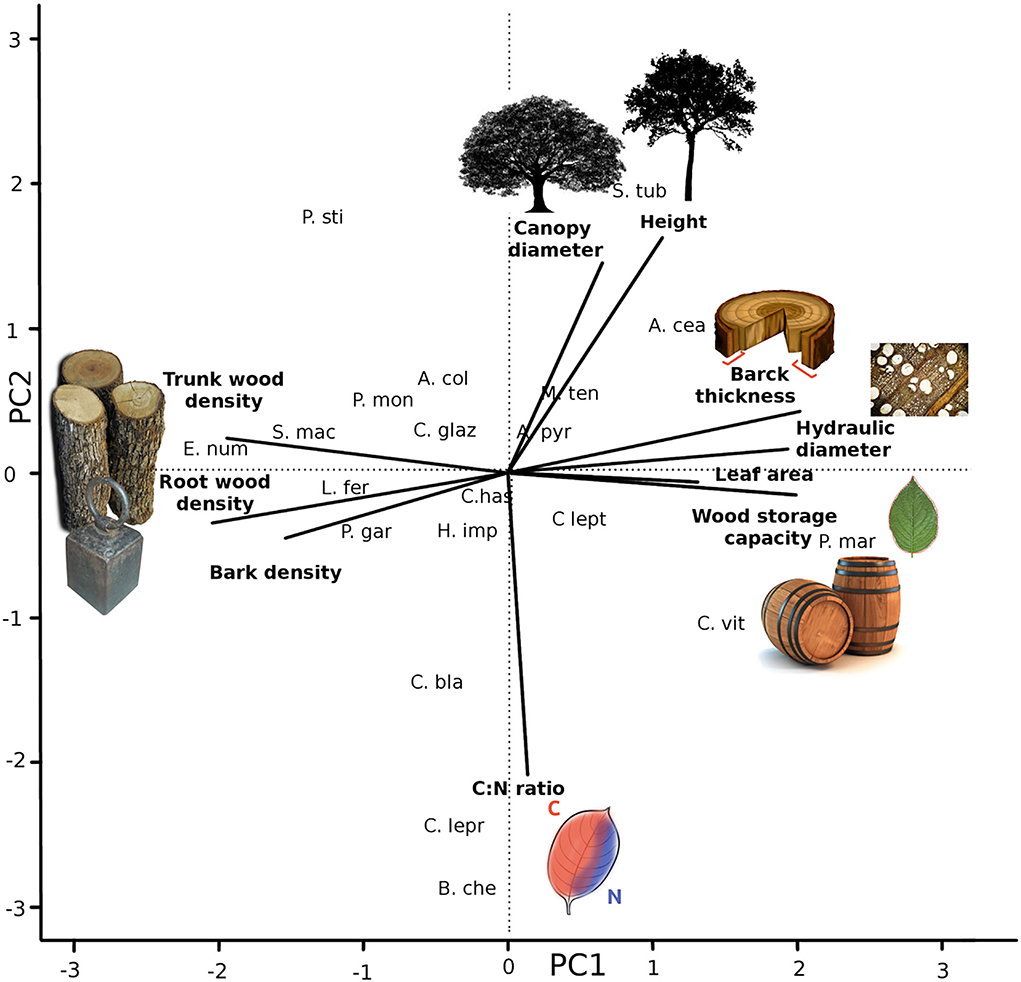
Frontiers Functional traits above and below ground allow species with distinct ecological strategies to coexist in the largest seasonally dry tropical forest in the Americas

Plant functional traits best explain invasive species' performance within a dynamic ecosystem - A review - ScienceDirect
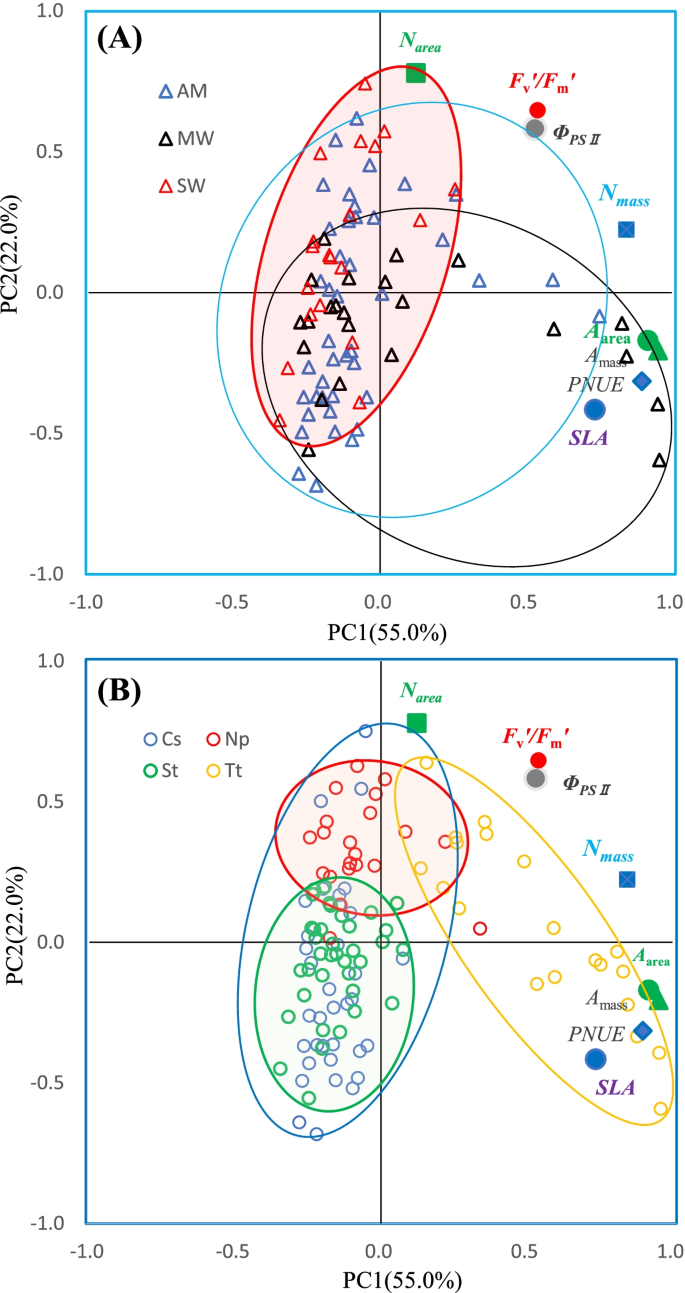
Coordination of leaf functional traits under climatic warming in an arid ecosystem, BMC Plant Biology

New lab paper: Unifying functional trait approaches – Macrosystems Ecology Laboratory
Recomendado para você
-
Universidade Federal de Santa Catarina · GitHub14 maio 2024
-
Moodle in English: Databases: Database model14 maio 2024
-
 PDF) AVALIAÇÃO DE FERRAMENTAS DE MONITORAMENTO DE INTERAÇÕES14 maio 2024
PDF) AVALIAÇÃO DE FERRAMENTAS DE MONITORAMENTO DE INTERAÇÕES14 maio 2024 -
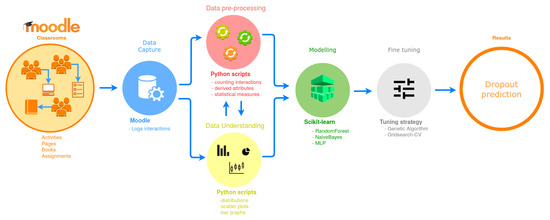 Applied Sciences, Free Full-Text14 maio 2024
Applied Sciences, Free Full-Text14 maio 2024 -
 PDF) Stand structure and deadwood amount influences saproxylic14 maio 2024
PDF) Stand structure and deadwood amount influences saproxylic14 maio 2024 -
 Notícia - Udesc integra projeto-piloto da Capes para monitorar14 maio 2024
Notícia - Udesc integra projeto-piloto da Capes para monitorar14 maio 2024 -
 OAB/SC recebe visita institucional da ministra Cristiane Britto no14 maio 2024
OAB/SC recebe visita institucional da ministra Cristiane Britto no14 maio 2024 -
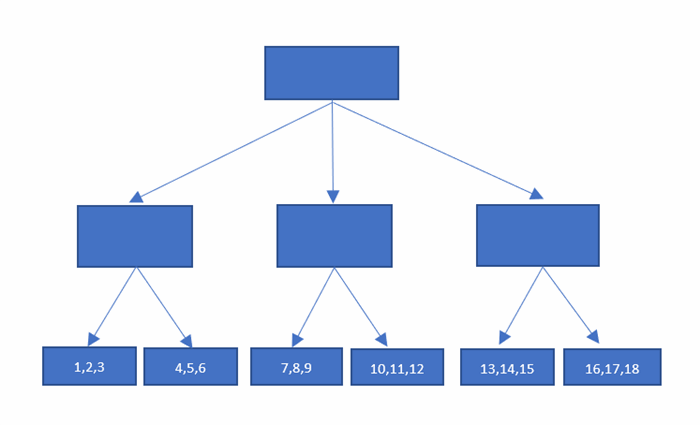 Implementation of Resizable Multidimensional Arrays in C++1714 maio 2024
Implementation of Resizable Multidimensional Arrays in C++1714 maio 2024 -
Universidade Federal de Santa Catarina no LinkedIn: Evento discute14 maio 2024
-
 Museu de Ciències Naturals de Barcelona: Les publicacions científiques14 maio 2024
Museu de Ciències Naturals de Barcelona: Les publicacions científiques14 maio 2024
você pode gostar
-
 15 Best Strategy Games for Mac (2018) - TechWiser14 maio 2024
15 Best Strategy Games for Mac (2018) - TechWiser14 maio 2024 -
 Rank all of the protagonists from who has the most to least Plot14 maio 2024
Rank all of the protagonists from who has the most to least Plot14 maio 2024 -
 Full Dive: This Ultimate Next-Gen Full Dive RPG Is Even Shittier than Real Life! – Teaser Translations14 maio 2024
Full Dive: This Ultimate Next-Gen Full Dive RPG Is Even Shittier than Real Life! – Teaser Translations14 maio 2024 -
 Apple Watch SE 2 GPS 40MM MNT73LL/A - Midnight Aluminum Case (2022) no Paraguai - Atacado Games - Paraguay14 maio 2024
Apple Watch SE 2 GPS 40MM MNT73LL/A - Midnight Aluminum Case (2022) no Paraguai - Atacado Games - Paraguay14 maio 2024 -
 Shawn Mendes Metal Prints for Sale14 maio 2024
Shawn Mendes Metal Prints for Sale14 maio 2024 -
 Belle Delphine, Before They Were Famous14 maio 2024
Belle Delphine, Before They Were Famous14 maio 2024 -
 Craque Neto 10 - Assista Os Donos da Bola ao vivo!14 maio 2024
Craque Neto 10 - Assista Os Donos da Bola ao vivo!14 maio 2024 -
 Última chance para pegar 16 jogos grátis antes que a Xbox Live Gold acabe - Windows Club14 maio 2024
Última chance para pegar 16 jogos grátis antes que a Xbox Live Gold acabe - Windows Club14 maio 2024 -
 Boneca Monster High Clawdeen Wolf 2022 MATTEL - REEL DRAMA - Bonecas - Magazine Luiza14 maio 2024
Boneca Monster High Clawdeen Wolf 2022 MATTEL - REEL DRAMA - Bonecas - Magazine Luiza14 maio 2024 -
 A cantiga dos pássaros e das serpentes14 maio 2024
A cantiga dos pássaros e das serpentes14 maio 2024
